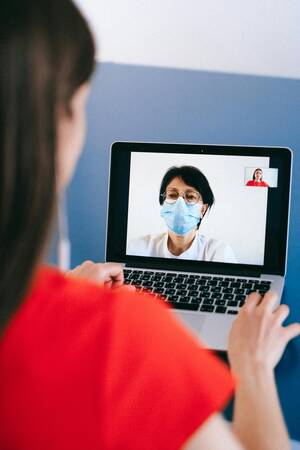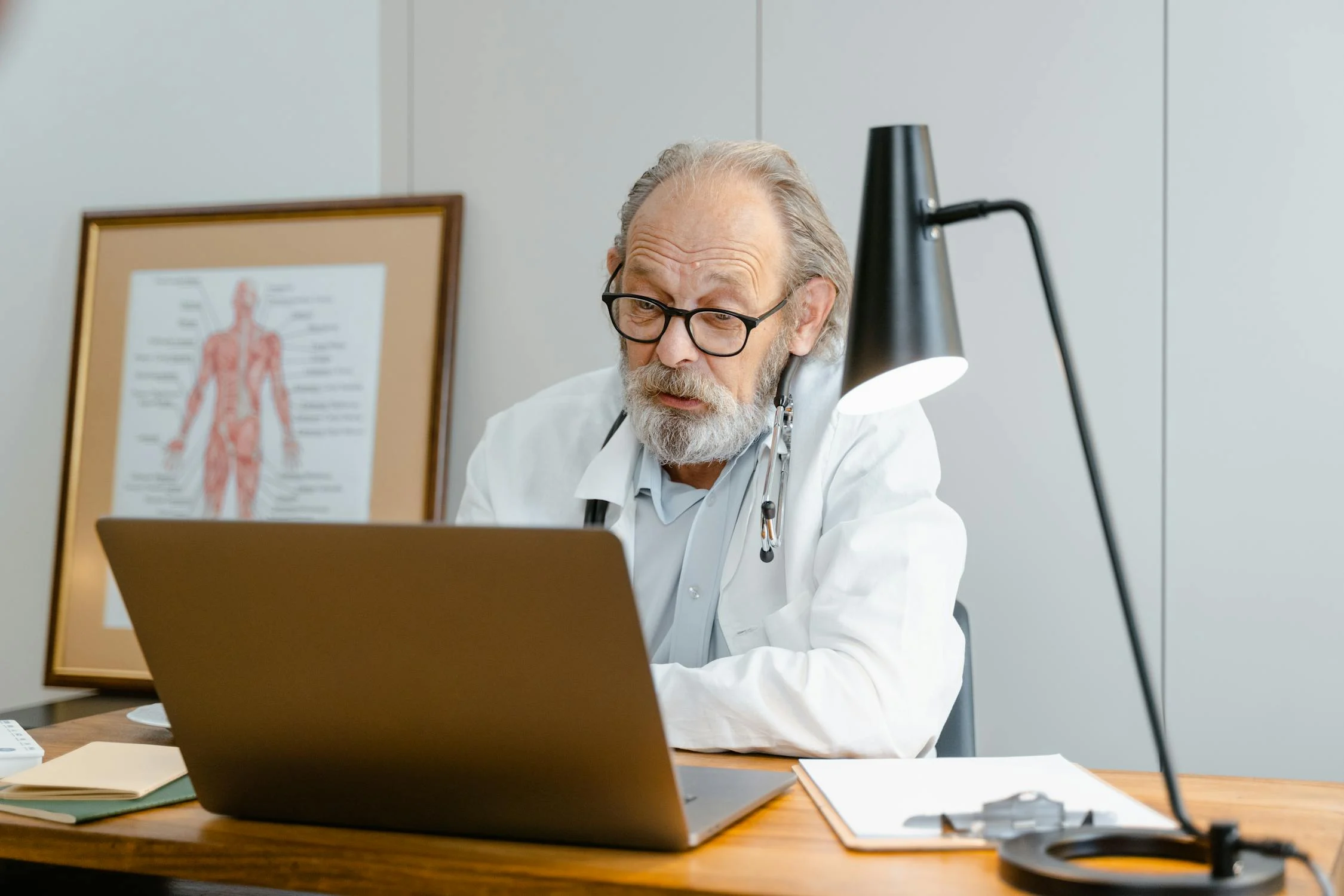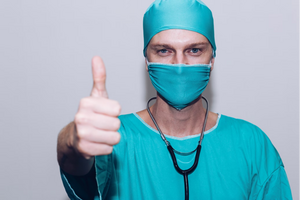Though it is not always necessary to have clear-cut goals for your career, it does wonders for your efforts if you know the general vicinity of where you want to end up. When you know this, you can make the right decisions both in your career and in your personal life to help you achieve your goals.
In most professions, this is still very subjective, but if you work in healthcare (particularly as a physician or a nurse), then your way forward is rather simple. You still have plenty of options and opportunities to customize your career, both in terms of what you do and where you do it, but because of the sheer amount of training necessary, it is a good idea to be confident in your career choices from the outset.
This guide will help you to track where you want to go in your nursing career and see your goals successfully attained. Just remember to take your time, mind your health and wellbeing, and never give up:
Know Your Options
The most important part of starting a new career is to know your options. It is not always easy, especially if your career is new or subjective, but in careers like nursing, your choices are all available on the table. You cannot start a new nursing role because the state and the government need to ratify that role first. It does put some constrictions, but many would admit knowing all their options makes it much easier to find their place. You can always customize your career in small ways but knowing the roles available at the apex of your career can help keep your efforts focused.
(more…)








